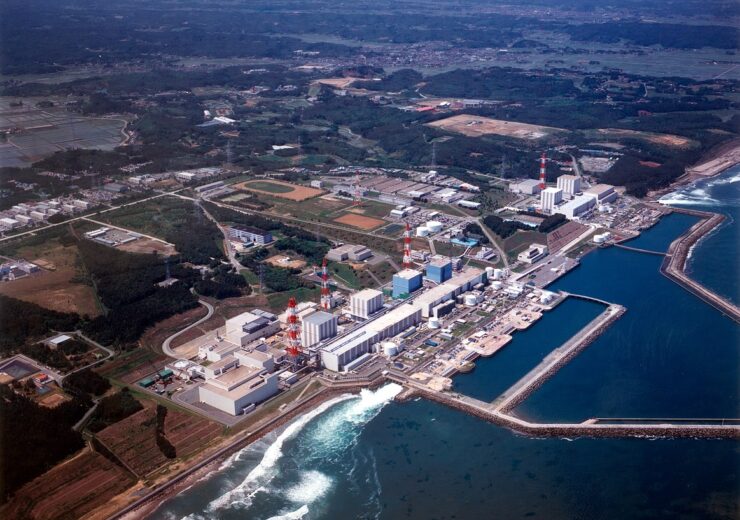The IAEA’s independent on-site analysis confirmed that the tritium concentration in the diluted water that is being discharged is far below the operational limit of 1,500 becquerels per litre

IAEA confirms release of Fukushima wastewater into ocean by Japan. (Credit: IAEA Imagebank/Wikimedia Commons)
Japan’s Tokyo Electric Power Company (TEPCO) started discharging ALPS treated water stored at the Fukushima Daiichi Nuclear Power Station into the sea, International Atomic Energy Agency (IAEA) experts present at the site confirmed.
As part of the IAEA’s multiyear safety review of the discharge, the IAEA team is present to monitor the discharge and assess Japan’s application of all relevant international safety standards for the water discharge.
“IAEA experts are there on the ground to serve as the eyes of the international community and ensure that the discharge is being carried out as planned consistent with IAEA safety standards,” said IAEA Director General Rafael Mariano Grossi. “Through our presence, we contribute to generating the necessary confidence that the process is carried out in a safe and transparent way”.
As an additional step in its monitoring, IAEA experts this week took samples from the first batch of diluted water prepared for discharge following the Japanese Government’s announcement on 22 August that the release would begin today.
The IAEA’s independent on-site analysis confirmed that the tritium concentration in the diluted water that is being discharged is far below the operational limit of 1,500 becquerels per litre.
The IAEA will have a presence on site for as long as the treated water is released, in line with Director General Grossi’s commitment for the IAEA to engage with Japan on the discharge of ALPS treated water before, during, and after the treated water discharges occur.
Additionally, the IAEA ia also launching today a webpage to provide live data from Japan on the water discharge. The data provided includes water flow rates, radiation monitoring data and the concentration of tritium after dilution.
Source: Company Press Release
